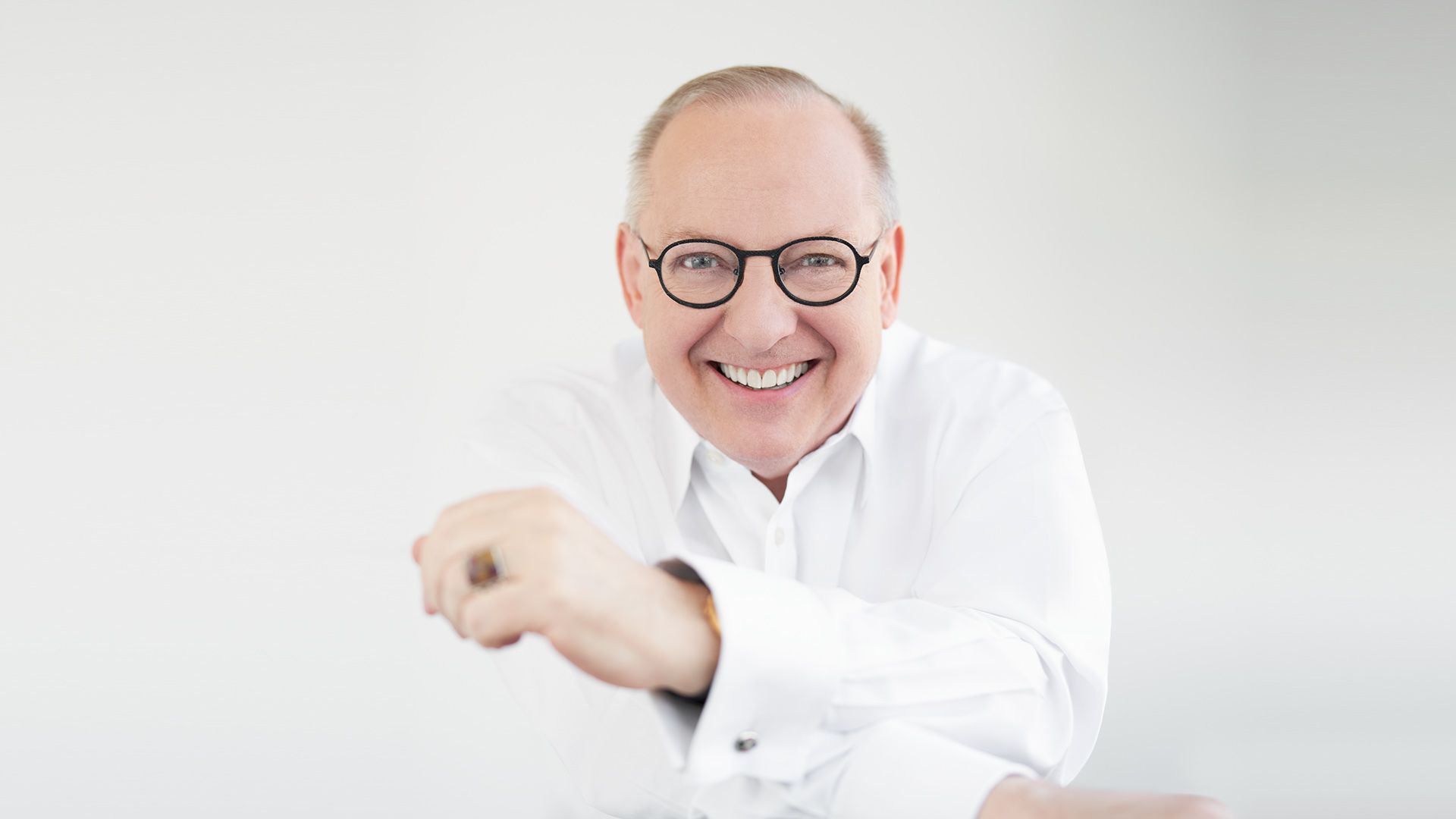
Courtesy of Laura Barisonzi
On Wednesday, the Yale Center for British Art invited conductor and baroque music specialist Nicholas McGegan, OBE, to deliver his talk, “A Theatre of Tragedies: The Plague in 17th-century England” as part of the Center’s new online series “at home.”
McGegan is a harpsichordist and flautist who dedicated more than five decades of his life to conducting. He is the music director laureate of the San Francisco-based Philharmonia Baroque Orchestra and Chorale. McGegan’s talk compared past plagues in history to the ways in which people and artists are responding to the current pandemic.
“The music I [study] is 17th- and 18th- century,” McGegan told the News. “So it was very interesting to observe the parallels between what’s happening now in the arts –– and in the ways we’re dealing, or not dealing, with this pandemic –– and the big plague that happened in 1665 in London.”
YCBA’s Head of Public Programs Jane Nowosadko said that with orchestras and musical performances on hold, it was an opportune moment to delve into this history. She said the 17th-century plague in London affected musicians and artists in ways similar to the current moment.
McGegan widened the scope of his talk by incorporating verse and early music excerpts into his lecture. At times, McGegan paused to play from his exquisite, hand-painted harpsichord to share pieces of period music with the audience. These included a short symphony and sarabande in G minor written for the Royal Consort by 17th-century composer William Lawes, a member of King Charles’ intimate musical circle.
During the talk, McGegan read from a variety of texts, including a versicle from a 1549 Anglican litany written by Archbishop of Canterbury Thomas Cranmer.
“From lightning and tempest; from plague, pestilence and famine; From battle and murder; And from sudden death. Good Lord, deliver us,” he read.
McGegan said that the versicle was symbolic of the time period between 1642 and 1651, when Western Europe was greatly impacted by plagues and battles. Since musicians were not equipped to fight, many found themselves unemployed when the English Civil War began. Regular visitations of the plague also disproportionately impacted the poor in London.
McGegan said he believes the current pandemic will be followed by art that carries “a sense of loss.”
While creative opportunities may seem limited for artists and musicians due to COVID-19 — which has led to a surge in unemployment — the moment could be an opportunity for artistic creation, McGegan said. “A disaster, or a pandemic, will always bring out [artists’] inner creativity.”
McGegan has held residencies at both Yale and the Juilliard School in the past. According to Nowosadko, McGegan brought his expertise to Yale through performances and lectures, mainly in connection with the center’s special exhibitions. His programs are popular with audiences and always involve collaborative musical performances with students from the Yale School of Music.
“[McGegan] fuses together his vast historical knowledge of composers and visual artists to present themes within the historical period, often with uncanny wit,” Nowosadko said.
Amy Meyers GRD ’85, a fellow at the University of Connecticut Humanities Institute, told the News that McGegan’s “erudition and creativity” in reimagining the past is unparalleled.
“Although best known for brilliance as a conductor, performer and interpreter of Baroque music, [McGegan’s] knowledge of the fabric of culture more broadly is extraordinary, and he draws upon his vast understanding of the visual and performing arts, as well as literature, to create the liveliest and most effective programs,” Meyers said.
Meyers described McGegan’s lecture and performance as “beautiful and deeply moving.”
Since many performance venues worldwide are shut indefinitely, the YCBA hopes to provide performing artists with the opportunity to share their artistic practice via their “at home” series. The YCBA’s closure likewise has allowed them to engage their audiences in different ways. Nowosadko said the center hopes to “provide a sense of community during these stressful times.”
The YCBA’s next “at home” event will host artist Anthony McCall in conversation with YCBA Director Courtney J. Martin.
Maria Antonia Sendas | mariaantonia.henriquessendas@yale.edu







